Keywords: Belfast
There are more than 24 results, only the first 24 are displayed here.
Become a subscriber for more search results.
-
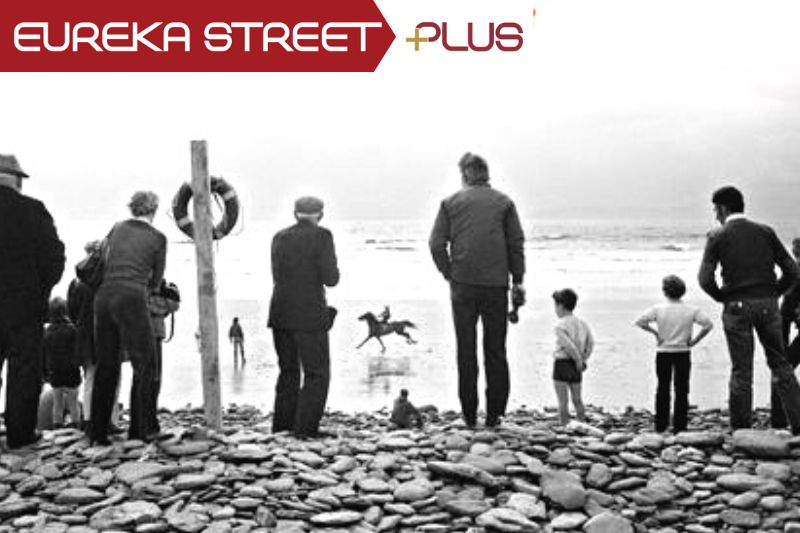
ARTS AND CULTURE
- Gillian Bouras
- 07 July 2023
1 Comment
Comparing perspectives from different generations of Irish writers, Fintan O'Toole explores the weight of Ireland's 'lovely past', its unaddressed traumas, and their impact on the present. Addressing themes of change, politics, and religion, his narrative offers an unflinching exploration of the Emerald Isle's history.
READ MORE 
-

AUSTRALIA
- David Halliday
- 08 May 2023
1 Comment
When chief film critic for The New York Times left his dream job after 23 years, he blamed the lack of original and imaginative work in an industry dominated by conglomerates. While many are lamenting the state of film, the question remains: what does it mean for an art form to diminish?
READ MORE 
-
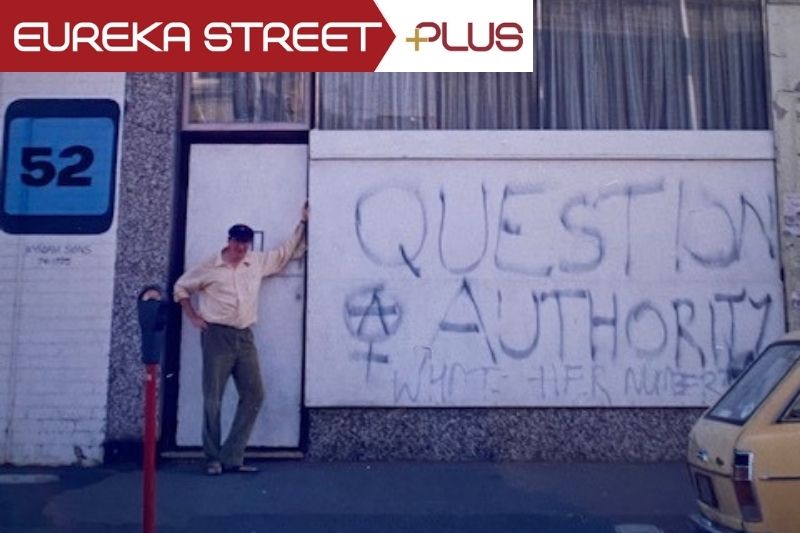
FAITH DOING JUSTICE
- Michael McGirr
- 09 September 2022
5 Comments
The Way had been a community of homeless people, built around difficult but wonderful characters. It taught me more than I can easily say. It was a world where things were not always as they seemed and people did not fit into little boxes. We had many challenging days and relationships with our guys were seldom easy, but there was an energy that found light in unexpected places.
READ MORE 
-
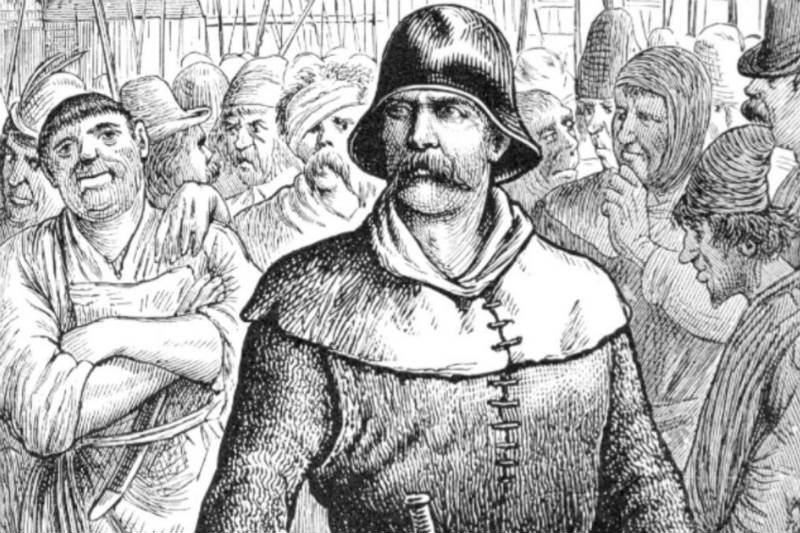
AUSTRALIA
- Brian Matthews
- 10 July 2018
3 Comments
The same sense of grievance and outrage that drove Jack and his rebels 500 years ago has sent Trump to the White House, propelled the United Kingdom out of the European Union, resurrected the poisonous 'Irish question' and legitimised Senator Pauline Hanson. She, with Cade-like empty bravado, claims to be for the 'battlers'.
READ MORE 
-
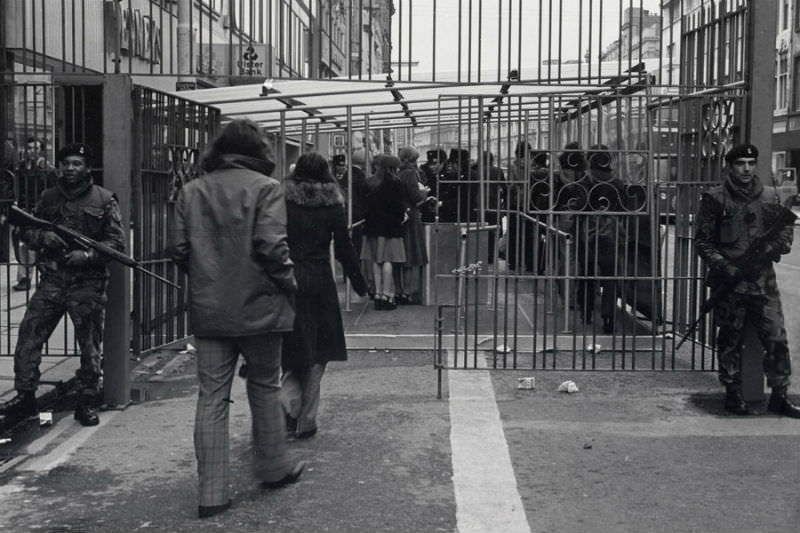
INTERNATIONAL
- Brian Matthews
- 08 May 2018
11 Comments
The word 'irony' is sometimes preceded by 'delicious'. But it is sour and wounding in Ireland, where British withdrawal from the EU, Brexit, and the Irish Republic's firm intention to remain, raises the possibility of what pundits call a 'hard' border between the Republic and Northern Ireland.
READ MORE 
-
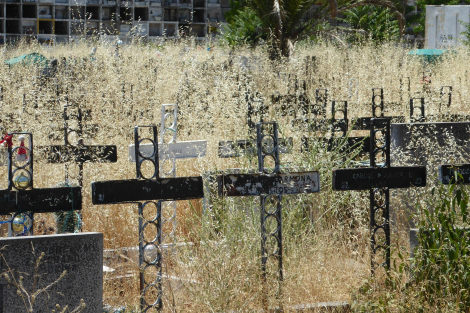
INTERNATIONAL
- Tony Thompson
- 14 September 2016
6 Comments
I don't speak Spanish but I knew I had to try to ask someone. It wasn't an appealing idea. The crowds of people roaming here were the bereaved. They were here to visit their loved ones, not help me tick a box on my tourist adventure. However, I had little choice. I stopped a friendly looking middle aged man. 'Victor Jara,' I said. 'Donde?' He smiled and said a lot of things in Spanish while gesturing in a particular direction. I thanked him and headed the way he had pointed.
READ MORE 
-

RELIGION
- Frank Brennan
- 02 May 2016
2 Comments
READ MORE
-
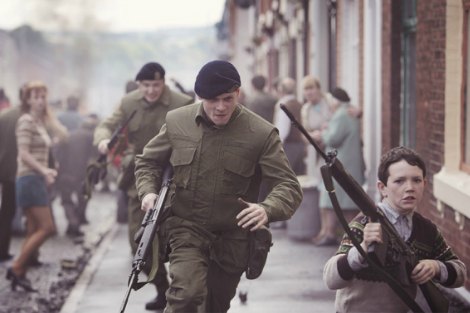
ARTS AND CULTURE
- Tim Kroenert
- 26 March 2015
2 Comments
At the height of the Troubles in Belfast, a young British soldier becomes separated from his unit and spends a night lost in one of the city's most dangerous locales. The city is fractured along numerous lines: it's not merely Catholic versus Protestant; the radicalised youths of the Provisional IRA are at odds with their established forebears. Rarely have the Troubles been so grippingly portrayed.
READ MORE 
-
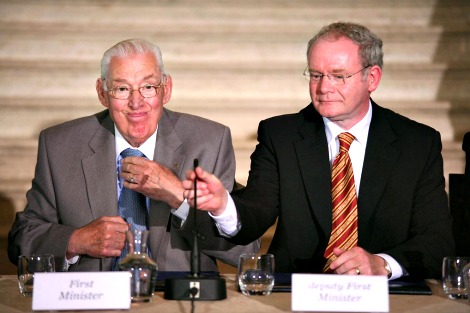
RELIGION
- Frank O'Shea
- 22 September 2014
6 Comments
Somehow Paisley and McGuinness worked well together. The Chuckle Brothers they were called, an attempt to present them as two buffoons out of their depth. But for ordinary people, it was an endearing image, a tribute to a pair who had brought their respective sides with them in an unlikely peace.
READ MORE 
-
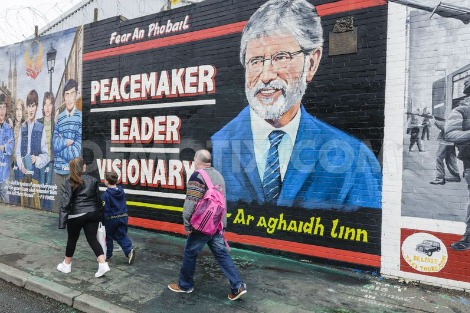
INTERNATIONAL
My uncle, Michael Lennon, fought with Eamon DeValera in Boland's Mill in Dublin during the 1916 Rising. Gerry Adams, President of Sinn Fein, sees himself as Michael's successor. But 98 years after the Rising, Adams was last week arrested for questioning about the 1972 murder of Jean McConville. Republicans allege that the timing of the arrest was politically motivated. At the root of all this lies the problem of the past: how do we deal with it?
READ MORE 
-
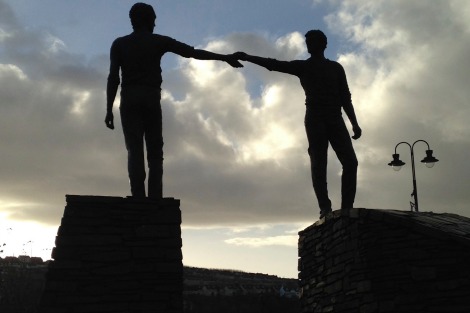
INTERNATIONAL
- Tony Thompson
- 05 March 2014
5 Comments
The museum traces the civil rights protests right up to the game-changing Bloody Sunday killings of 1972. As I looked at the photographs of the terrible day, a man who worked at the museum stood beside me and asked if I recognised the building. I looked again to realise it was the museum itself. 'That's my brother,' he said, pointing to the badly injured young man in the photo. The young man had died ten feet from where we were standing.
READ MORE 
-
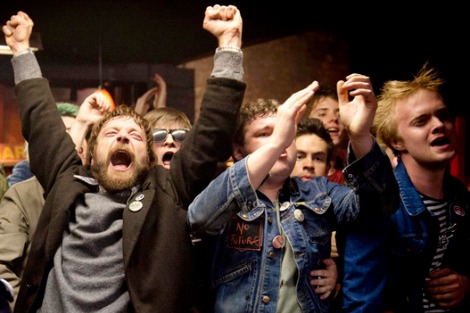
ARTS AND CULTURE
- Tim Kroenert
- 14 November 2013
In a city riven by violent hatred between Catholic and Protestant, non-religious and charismatic music lover Terri Hooley managed to stand outside and above the conflict. He became a kind of rickety prophet to Belfast's disaffected youth, as godfather of the city's burgeoning punk music scene. If any community had a reason to embrace the rage and unity of punk culture, it was Terri Hooley's Belfast.
READ MORE 